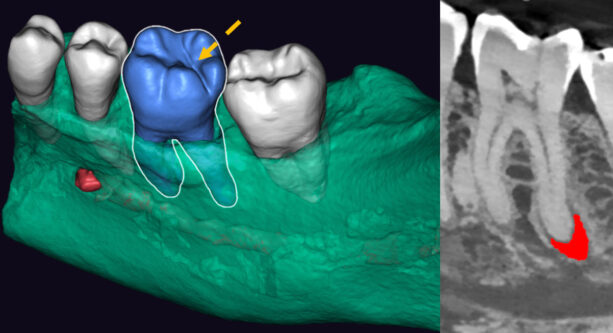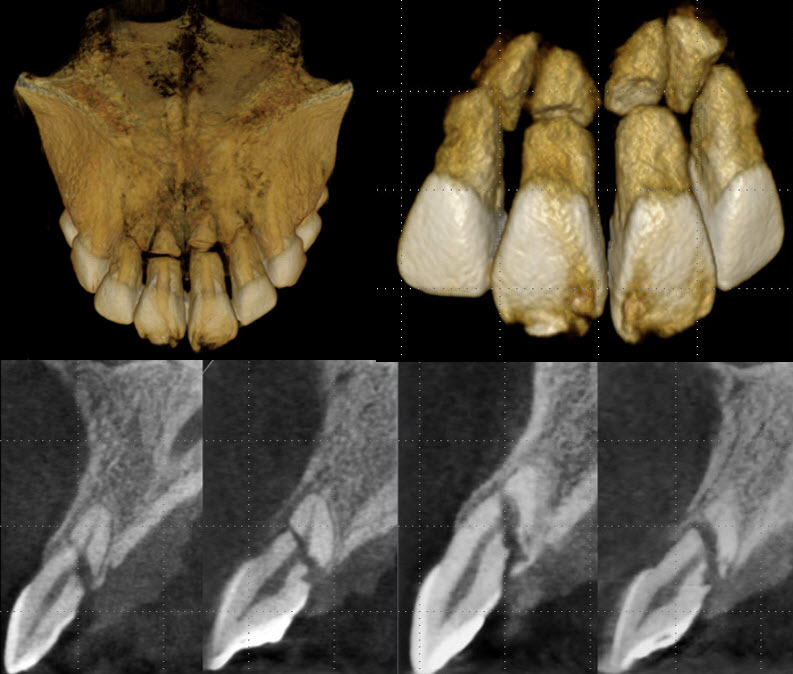Endodontic therapy depends on diagnostic radiographs and image-guided treatment. Periapical and panoramic radiography have been augmented by the introduction of limited field of view, high-resolution Cone Beam Computed Tomography (CBCT), allowing three-dimensional assessment of odontogenic and and non-odontogenic lesions, root canal morphology, revision treatment, root and alveolar fractures, resorptive lesions and anatomy prior to surgery.
Our program highlights a step-wise approach to image interpretation and documentation, using artificial intelegance, common interpretation errors and endodontic applications of CBCT. Additional material on artifacts, panoramic imaging, the maxillary sinuses, workflow, the consent process and marketing will be presented.
Please join us.
Google Scholar Citations for Dr. Levin


